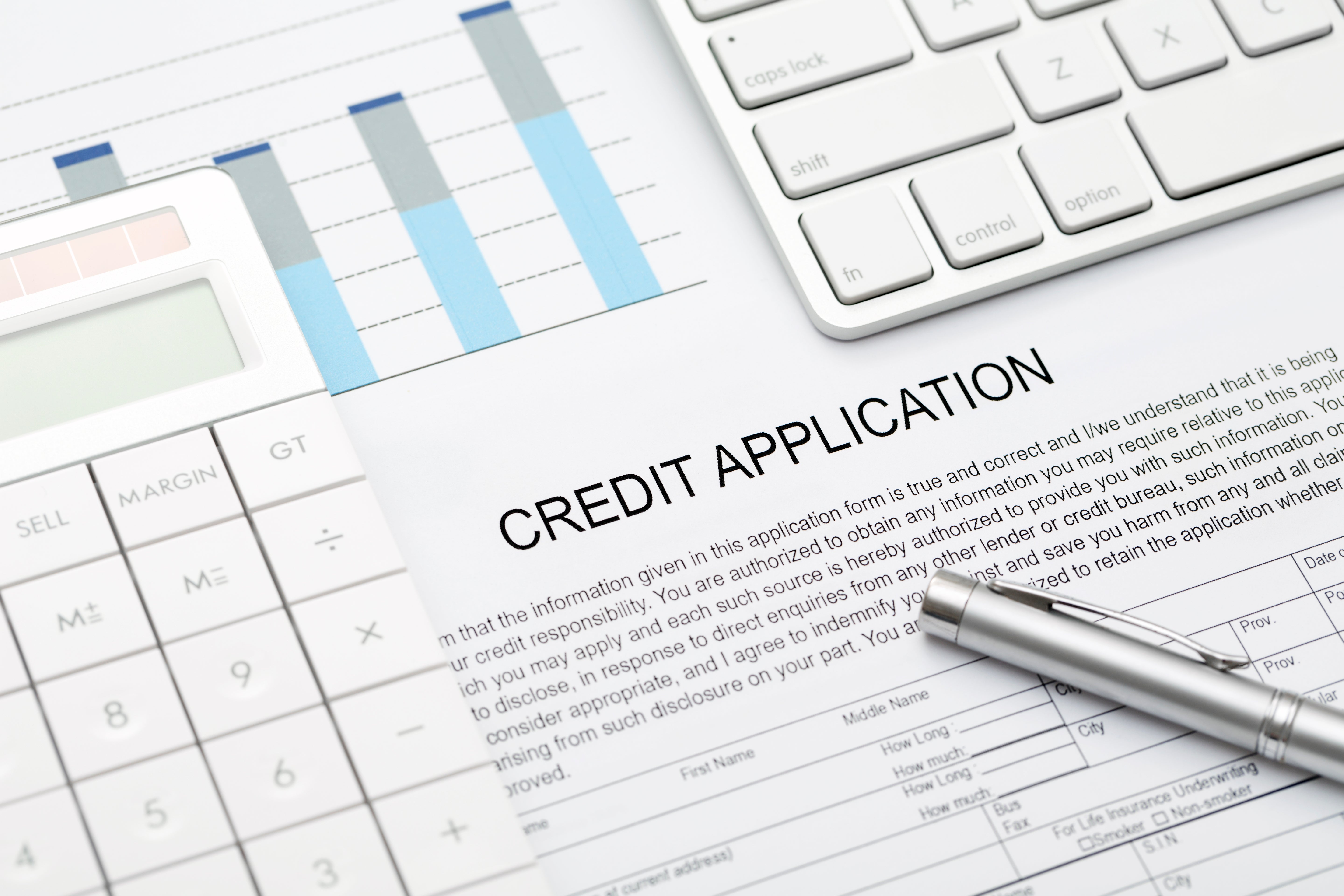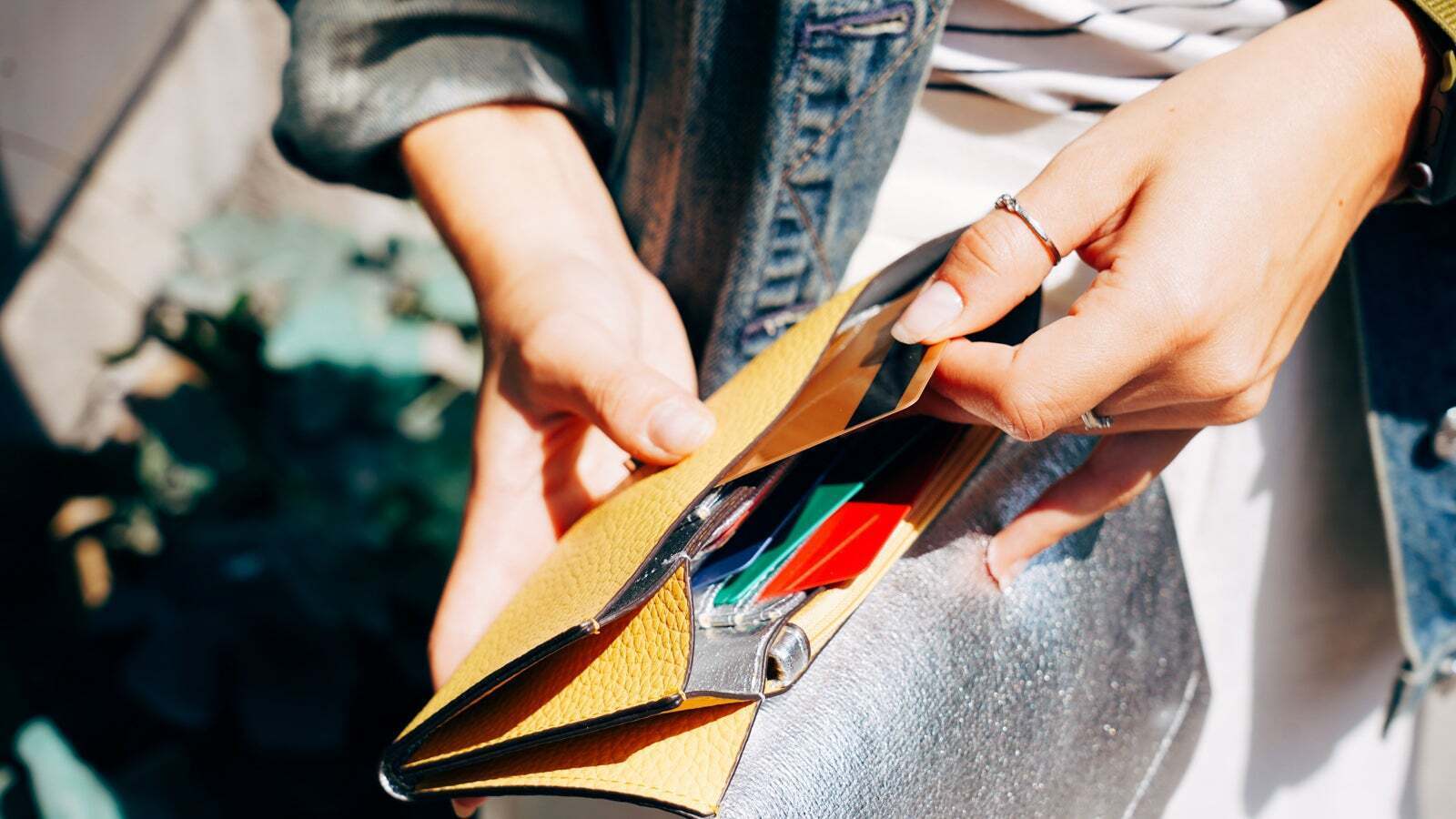HOSTED BY: 1 AIR TRAVEL
In order to participate in the points and miles hobby, you need to be able to use credit cards. That means being approved when you apply and keeping the credit cards open in order to use them for purchases.
Nothing hampers this approach more than banks shutting down your accounts, refusing to approve your applications or outright banning you from doing business with them.
But why would this happen?
Unfortunately, there are certain risk factors and red flags that run afoul of banks’ fraud departments, so avoiding these is in your best interest. Here’s how you can avoid red flags with credit card issuers to keep them happy, helping you keep your accounts open and increasing your approval chances for future applications.
New to The Points Guy? Sign up for our daily newsletter and check out our beginners guide.
In This Post
Follow the bank’s application rules

(Photo by Mutlu Kurtbas/Getty Images)
To be clear, banks don’t specifically state their application rules. However, we have a guide to application restrictions collected from years of experience and data points. Following these requirements can keep you in the bank’s good graces.
This sounds simple enough: “If I don’t follow the rules, they won’t approve my application, so problem solved,” seems like straightforward logic.
However, the flip side to this can also be true. We’ve seen people apply for cards via offers that weren’t intended for them. This can lead to outcomes like forfeiting the points from a welcome offer, losing access to your rewards account or facing a full shutdown of your accounts.
Related: Here’s a tip to prevent your Amex welcome bonus from being taken back
This also goes beyond just applying (and getting approved) for a new account. These rules also come into play for keeping the account open — which you should typically do for at least a year. Banks expect you to do more than open a credit card, earn a bonus and then immediately close the card. Plan to keep every credit card open for at least a year.
Don’t refer yourself for an application
Many banks have referral programs. You can refer a friend or another small business for a credit card, and you get a bonus — cash or points — if someone is approved after using your application link. I love these.
Where it becomes problematic is using your own referral to apply for a credit card. While it’s technically possible, don’t do it. American Express has clawed back points from numerous users who used self-referrals. It may work once or even a few times, but consistently using these types of referrals may lead to account shutdowns — as indicated in American Express’ statement on this activity.
Don’t look credit-hungry; look like a good customer instead

(Photo by Tang Ming Tung/Getty Images)
Credit card issuers want customers who are going to use their products more than just once. Banks are (obviously) in the business of making money.
However, if you look “credit hungry” — like you’re just trying to get new credit and don’t care where it comes from — that looks suspicious to a bank. When a bank pulls your credit report, seeing numerous recent applications can give an issuer pause.
Is this person in debt and looking for new credit to pay off existing financial obligations?Is this person trying to get a bunch of new credit cards to max them out as part of a scam?That could indicate that you’re unlikely to pay your bill on time — if ever.
This goes beyond the application process. Many banks will do a “soft pull” on the credit reports of existing customers. Yes, participating in the points and miles hobby means you’ll likely apply for new credit on a somewhat regular basis. However, numerous applications in a short period of time can be a red flag to your existing banks. Offset this by avoiding as many other possible concerns as possible.
void purchases that look risky if you’re a new customerYou just got a new credit card and want to use it to meet the spending requirements to earn the bonus attached to the welcome offer. However, not all purchases are created equally.
First, some transactions are not eligible for rewards. This can include cash-equivalent purchases like cryptocurrency or collectors’ coins. It also extends to items like lottery tickets and gambling activities.
However, even some purchases that are eligible for rewards — like store gift cards — could be suspect.
Now, think about this from the bank’s perspective: A new customer just got a credit card and buys a bunch of casino chips for gambling. Looks like this person could have a hard time paying the bill at the end of the month, doesn’t it? A bank may close your card or put a pause on your spending to prevent taking on any more risk until you make payments against any outstanding balances.
Don’t rapidly increase your spending

(Photo by skynesher/Getty Images)
While the tip above is about types of spending, this one is about how much you’re spending. If you just got a credit card and max it out immediately, that could make the bank very nervous.
Sure, working on a sign-up bonus can be a great time for large purchases you’ve been putting off. Renovating the kitchen or buying some new furniture goes a long way toward earning that big stash of points and miles on a new card. However, maxing out a card right away also looks suspicious. Don’t be surprised if the bank calls you to ask about the charges or limits your spending for a while until you make a payment or two.
This can vary, obviously. If you have a history with this bank, and they are used to seeing you make big purchases, that can make things easier. Additionally, you can notify your bank in advance before making large purchases.
However, just remember that the bank still has the final say in what charges it will approve.
Be honest during your applications
This should go without saying, but it’s worth repeating: Be honest on your credit card applications. Being dishonest about income — thinking it could help you get approved — could have disastrous effects if you ever go through a financial review with the lender.
During a review, the bank will want to verify that your spending habits are in line with your income and other financial obligations. During this review, if they realize that you lied on your application, this can be enough to drastically reduce your credit lines or close your accounts. Both of these can negatively affect your credit score.
The same holds true when applying for business credit cards. Don’t use a fake business name or inflate the income your company generates each year. That can only come back to bite you in the long run.
The best strategy is simply being honest during your application.
Related: How to apply for a business credit card
Make payments on time and avoid rejected payments

(Photo courtesy of American Airlines)
You’ve probably assumed that not paying your bill on time makes a bank unhappy. So does a rejected payment.
If the bank thinks you’re having trouble paying your bills, it could be a sign of bad things to come. And this can jeopardize both existing accounts and future applications. The logic is something like this: If you can’t pay your bill, why would the bank want to let you charge even more to your credit card or give you another credit card?
As a real-world example, last year, I sold some items and received a check in the mail. I deposited it into my bank account and made a payment on one of my American Express credit cards, due later that week. My bank put a hold on that check for a week, meaning the funds weren’t available for that Amex payment. As a result, the payment was rejected.
Thankfully, American Express reprocessed the payment a few days later; it cleared and I assumed everything was fine.
Not so much.
For nearly a year after this incident, American Express rejected every single one of my credit card applications, citing “a payment on one of your accounts was rejected recently” as the reason.
If you schedule a payment, make sure it will go through. Pay on time and avoid rejected payments, because both of these make banks unhappy in ways that can jeopardize current and future accounts with them.
Related: TPG’s 10 commandments of credit card rewards
Don’t cycle your credit limits
Before we talk about why you shouldn’t do this, you might wonder what “cycling” is. An example is the easiest way to illustrate this.
Imagine your credit card has a limit of $1,000. That’s the limit on purchases you should be able to make in a month. However, you could charge $1,000 to the card, pay it off before the statement closes and then make another $1,000 in purchases. That’s cycling — and you could (theoretically) do this multiple times in a single billing cycle.
Banks frown on this, as it could indicate illicit activity (like money laundering). If you have a legitimate need to cycle your limit just once, an inquiry from the bank should be easy to resolve. Repeatedly cycling your credit limit can lead to forfeiting your points or shutting down your accounts, since banks see this as risky behavior.
Only add legitimate authorized users
Another item under the theme of honesty: Only add legitimate authorized users to your account. Adding people you don’t know (without their permission) or even making up names might be tempting for a bonus offered on your card. It’s not worth it in the long run.
Chase has been notoriously strict with authorized users. Chase shut down the accounts of a friend of mine, thinking he was gaming the system when he added two extended family members who didn’t share his last name or address. After a lot of paperwork, this was resolved — but only because he was able to prove his relationship to the two individuals.
Adding authorized users can help your children build credit history, can help a business partner make purchases of supplies, or even help you and your spouse work toward a sign-up bonus. Only using these privileges as intended by the bank means you won’t have to worry if they ever ask for supporting documentation — which they have every right to do.
Read more: Credit cards with the greatest value for authorized users
If you were rejected, wait awhile before applying again with that bank

(Photo by SamuelBrownNG/Getty Images)
We mentioned not looking “credit hungry” above, and the same applies if your application was rejected. If you made a reconsideration call and still didn’t get approved, it’s likely best to wait awhile before applying for another card with this same bank. The logic is this: If that issuer denied you for a specific reason, it probably still exists a week (or even a few months) later.
But it can go beyond that, entering areas where we don’t have full clarity on the process.
Here’s an example: American Express will use a pop-up window to alert you when you aren’t eligible for a welcome offer, giving you the option to abandon the application before submitting it. Data from many users suggests that continuing to try to apply for cards may prolong the amount of time you are subject to the pop-up. Not trying to apply for another American Express card for a while may be one of the factors that helps you no longer see the pop-up window when you start your next application after taking a break.
Understand that some of what we do can look similar to ‘bust-out fraud’
Bust-out fraud (warning: PDF link) is when a user builds credit by getting approved for loans, credit cards and other lines of credit — but with the goal of eventually maxing them out and not paying them. However, before getting to the “bust-out” point, the individual will pay the bill and act totally normal, simply biding time until they can get as much credit available as possible.
Bust-out fraud hits its peak when the user has accumulated a bunch of credit cards, maxes them out and then either disappears or files for bankruptcy in order to not pay the bills. This scheme becomes even more elaborate when people make a payment to their credit cards, but the payment is later rejected.
Why would they do this? Because the bank won’t notice a problem until later. This allows for more spending privileges during the final phase.
So why does this matter? Some of what we do in the points and miles hobby can look similar to bust-out fraud. We accumulate numerous credit cards. We may make some big purchases early on in the life of a credit card in order to earn a welcome bonus.
Since some of what we do looks similar to bust-out fraud, it’s essential to avoid as many of the other red flags as you can. Don’t do things like quickly increasing your spending amounts or putting in numerous, repeated applications for credit in a very short period of time.
In this way, you can avoid having your account flagged by bank systems on the hunt for the telltale warning signs of bust-out fraud.
Bottom line

(Photo by The Points Guy)
Avoiding red flags with banks is essential for participating in the points and miles hobby. If the banks think you are risky and won’t approve you for credit cards, it’s going to be difficult to accumulate the rewards you need for that dream trip you’ve had in mind.
Avoiding late and rejected payments and being honest with the bank — during the application and throughout your time as its customer — will pay enormous dividends. It can reduce the bank’s view of how risky you might be, and you won’t have to worry about it asking for documents to support something you said that wasn’t true.
All of this works together. If you can avoid these red flags with banks, you should be able to get approved for credit cards to earn the points and miles you want, so long as you are following the bank’s application rules.
Featured photo by Matthias Clamer/Getty Images.
Title: How to avoid red flags with credit card issuers
Sourced From: thepointsguy.com/guide/avoid-red-flags-credit-card-issuers/
Published Date: Sun, 08 May 2022 17:00:53 +0000
No comments:
Post a Comment